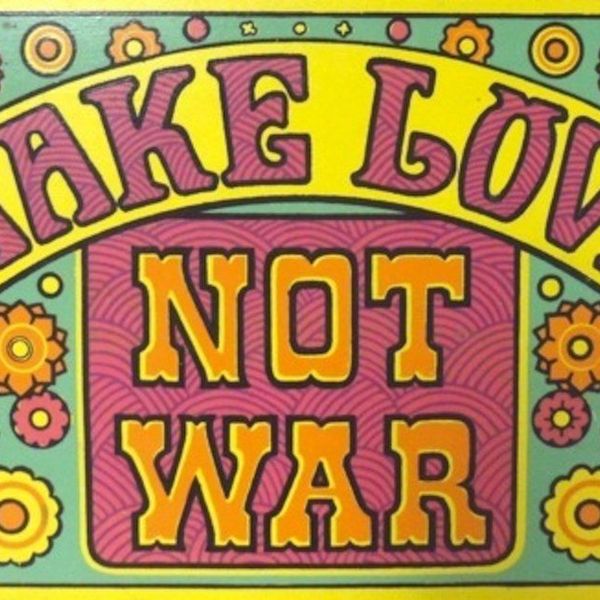One of the biggest debates in America right now is about freedom of speech and political correctness. Well, if I’m being honest, calling it a debate is very generous. For the most part it is people shouting at each other about how wrong and dumb the other is. That’s not really a debate. But this conversation is incredibly important and one that must be had, especially in today’s political environment.
The right to free speech is nearly as old as America, it’s been around since the Bill of Rights was ratified in 1791 and it, along with the nine other amendments in the Bill of Rights, established the core values of American civil liberties. Free speech is very important to me, as a writer and comedian I greatly appreciate that I am allowed to write and say virtually whatever I want because of this right; I cannot imagine what it must be like to live in a country where your words, the most basic form of self-expression, are censored by your government and I am very thankful that I don’t have to go through that. But, if you noticed, I said I can say “virtually” whatever I want, I say that because I won’t say whatever I want because not everything I want to say is something that should be said. This is what I would call “self-censorship” not allowing yourself to say certain things because those things should not be said, maybe because they’re hurtful or offensive or what have you, they should not be said. Because who hasn’t wanted to say something they shouldn’t? Who hasn’t wanted to tell their boss to go screw himself? Who hasn’t wanted to tear someone to shreds with words? Who hasn’t wanted to call someone a slur? Everyone I know, including myself, has gone through this; but not everyone gives into these urges. Why? Because our words have consequences. If you tell your boss to go screw himself you’ll get fired. If you tear someone apart you can cause lasting emotional damage. If you call someone a slur you may very well be labeled a bigot.
Did you know that shouting “Fire” in a crowded theater is illegal in the US, because it is. “Well, isn’t that censorship?” you may ask, and the answer is no. In the 1969 Supreme Court case of Brandenburg v. Ohio the Supreme Court decided that that would likely incite “imminent lawless action,” like a riot, is not protected by free speech. Because what happens if someone were to shout “fire” in a crowded theater? People would panic and stampede and people could get hurt or killed and there are literal examples of this happening.
In essence this is what political correctness is about, it’s about telling people that their words have lasting consequences. And, yes, my example in the last paragraph is a bit extreme it just goes to show the affect our words can have on people. If I ever tell someone that they should avoid using certain words or I tell them more acceptable alternative words I’m not doing it from a place of judgement, I’m doing it to help make sure that person doesn’t accidentally get themselves into trouble when they use the wrong word. I never tell anyone that they can’t use a certain word or phrase, that’s censorship, and it’s also their right to say whatever they want; but the price of that freedom is having to deal with whatever consequences they bring upon themselves in the process.
People can say whatever they want to whoever they want, that is their First Amendment right, but whether their words are tolerated or deemed acceptable by others is a completely different story. Free speech does not protect you from the aftermath and fallout of your words. In my opinion political correctness is meant to make us all more mindful of the impact our words have on those who hear them. And of course there are those who have taken this all too far and are using it to censor people, but that’s not right either. Freedom of speech is great, I love it, but there is a price to every freedom and if the price is not saying a few words out of the thousands of others at my disposal so be it.





















